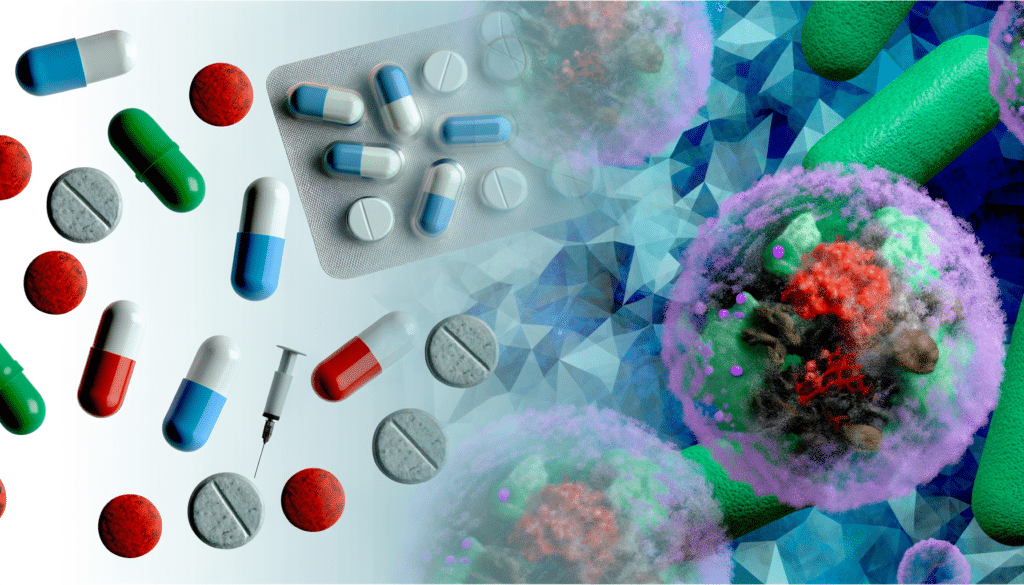Common Medications Linked to Angioedema
One of the primary classes of medications associated with angioedema is angiotensin-converting enzyme (ACE) inhibitors. Used for treating conditions such as high blood pressure and heart failure, ACE inhibitors can cause angioedema as a side effect in some patients. This reaction is due to the accumulation of bradykinin, a peptide that promotes swelling, which may not be broken down effectively because of the medication’s action. Patients taking ACE inhibitors should be vigilant for any signs of swelling and seek medical advice to adjust their treatment plan if necessary. Alternatives, such as angiotensin II receptor blockers (ARBs), may be recommended for those experiencing side effects.
Identifying Symptoms of Medication-Induced Angioedema
The symptoms of angioedema induced by medications can be similar to those caused by allergies, making it crucial to identify them correctly. Common symptoms include sudden swelling in areas such as the face, lips, tongue, and throat, possibly accompanied by redness and warmth. In some cases, itching or a tingling sensation may precede the swelling. More severe symptoms might include difficulty breathing or swallowing, signaling a medical emergency. It is important for patients to differentiate between these symptoms and other allergic reactions to ensure they receive the appropriate care and avoid unnecessary changes to their medication regimen.
Approaches to Managing and Mitigating Risks
Managing medication-induced angioedema involves a strategic approach tailored to each individual’s medical history and current treatments. For those experiencing mild symptoms, healthcare providers might suggest adjustments to the dosage or a switch to alternative medications. In certain cases, physicians may prescribe antihistamines or corticosteroids to help reduce swelling and discomfort. Patients are encouraged to maintain open communication with their healthcare providers, discussing any previous history of edema or reactions to drugs. Monitoring the body’s responses to new medications is critical, and immediate medical consultation is advised upon noticing potential signs of angioedema.
Steps for Preventive Care and Future Outlook
Preventive care for angioedema involves understanding personal risk factors and adhering to prescribed treatment plans which mitigate the occurrence of such reactions. Patients with a history of angioedema should inform their healthcare providers of their condition prior to starting new medications, enabling professionals to select safer alternatives when necessary. Keeping a detailed record of any episodes and their triggers can aid healthcare providers in formulating an effective management plan and help recognize patterns that might suggest genetic or lifestyle factors. Continuous research in pharamacogenomics may offer hope for more personalized medicine approaches, potentially reducing the incidence of adverse drug reactions like angioedema in the future.

